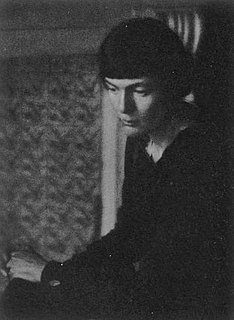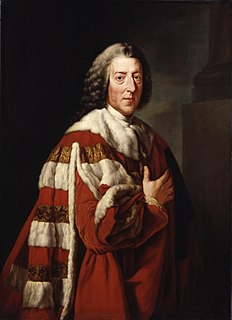A Quote by Confucius
The superior man cannot be known in little matters, but he may be entrusted with great concerns. The small man may not be entrusted with great concerns, but he may be known in little matters.
Related Quotes
A man may be a great statesman, and yet dislike his wife, and like somebody else's. A man may be a great hero, and yet he may have an unseemly passion, or an unpaid tailor. But the British public does not understand this. ... It thinks, unhappily or happily as you may choose to consider, that genius should keep the whole ten commandments. Now, genius is conspicuous for breaking them.
As it often happens that the best men are but little known, and consequently cannot extend the usefulness of their examples a great way, the biographer is of great utility, as, by communicating such valuable patterns to the world, he may perhaps do a more extensive service to mankind than the person whose life originally afforded the pattern.
A little thorn may cause much suffering. A little cloud may hide the sun. Little foxes spoil the vines; and little sins do mischief to the tender heart. These little sins burrow in the soul, and make it so full of that which is hateful to Christ, that he will hold no comfortable fellowship and communion with us. A great sin cannot destroy a Christian, but a little sin can make him miserable.
That one body may act upon another at a distance through a vacuum, without the mediation of any thing else, by and through which their action and force may be conveyed from one to another, is to me so great an absurdity, that I believe no man, who has in philosophical matters a compentent faculty of thinking, can ever fall into it.
When Satan cannot get a great sin in he will let a little one in, like the thief who goes and finds shutters all coated with iron and bolted inside. At last he sees a little window in a chamber. He cannot get in, so he puts a little boy in, that he may go round and open the back door. So the devil has always his little sins to carry about with him to go and open back doors for him, and we let one in and say, 'O, it is only a little one.' Yes, but how that little one becomes the ruin of the entire man!








































